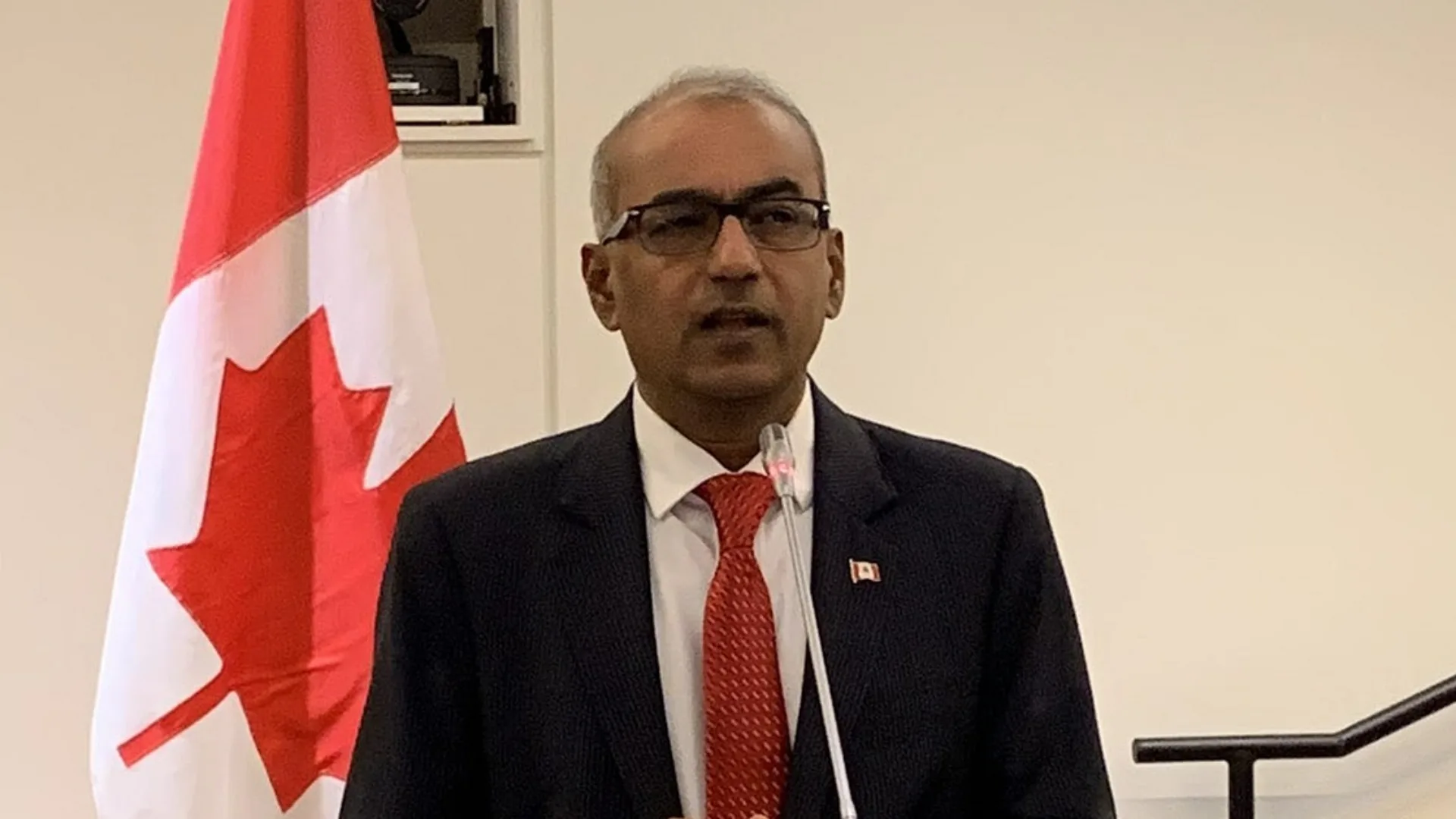Google has introduced its latest quantum computing chip, “Willow,” marking a significant breakthrough in the field of quantum computing. Sundar Pichai, CEO of Google and its parent company Alphabet, announced the development on X (formerly Twitter), calling it a “major step” toward building a useful quantum computer with real-world applications in areas like drug discovery, energy optimization, and battery design.
A Quantum Leap in Technology
The Willow chip has 105 qubits, the basic building blocks of quantum computing, and was created at Google’s state-of-the-art facility in Santa Barbara, California. By drastically cutting down on errors, a major problem in the field, it promises best-in-class performance. Willow has achieved roughly five times the performance of Google’s previous generation of quantum chips, Pichai noted.
The chip took less than five minutes to finish a common benchmark calculation. A startling comparison that highlights Willow’s capabilities is that Frontier, one of the fastest supercomputers in existence today, would need 10 septillion years to complete the same task.
Hartmut Neven, head of Google Quantum AI, called the achievement a turning point. “We are past the break-even point,” he stated, emphasizing the chip’s potential to revolutionize fields where classical computing has limitations, including medicine, artificial intelligence, and energy optimization.
Willow is part of Google’s broader vision to build a large-scale quantum computer capable of addressing real-world problems. Sundar Pichai described the project as a journey that began 12 years ago with the founding of Google AI. Beyond current applications, Pichai floated ambitious ideas, such as developing “quantum clusters in space” in collaboration with Elon Musk’s Starship program.
Applications on the Horizon
Willow’s breakthrough could pave the way for advancements in:
Drug discovery: Accelerating the design of new medications.
Energy optimization: Enhancing the efficiency of renewable energy systems.
Artificial intelligence: Enabling more powerful AI algorithms.
Elon Musk Reacts, ‘Wow’
Sundar Pichai took to his X and made the announcement. Tesla CEO Elon Musk commented on Pichai’s vision with a single word, ‘Wow’, while also speculating about humanity’s progress toward interstellar innovations.
Wow
— Elon Musk (@elonmusk) December 9, 2024
That will probably happen.
Any self-respecting civilization should at least reach Kardashev Type II.
In my opinion, we are currently only at <5% of Type I. To get to ~30%, we would need to place solar panels in all desert or highly arid regions.
— Elon Musk (@elonmusk) December 9, 2024
ALSO READ: Best Budget Phones For 2023: Redmi Note 14 Pro+ vs Vivo T3 Ultra Vs Motorola Edge 50 Pro



















